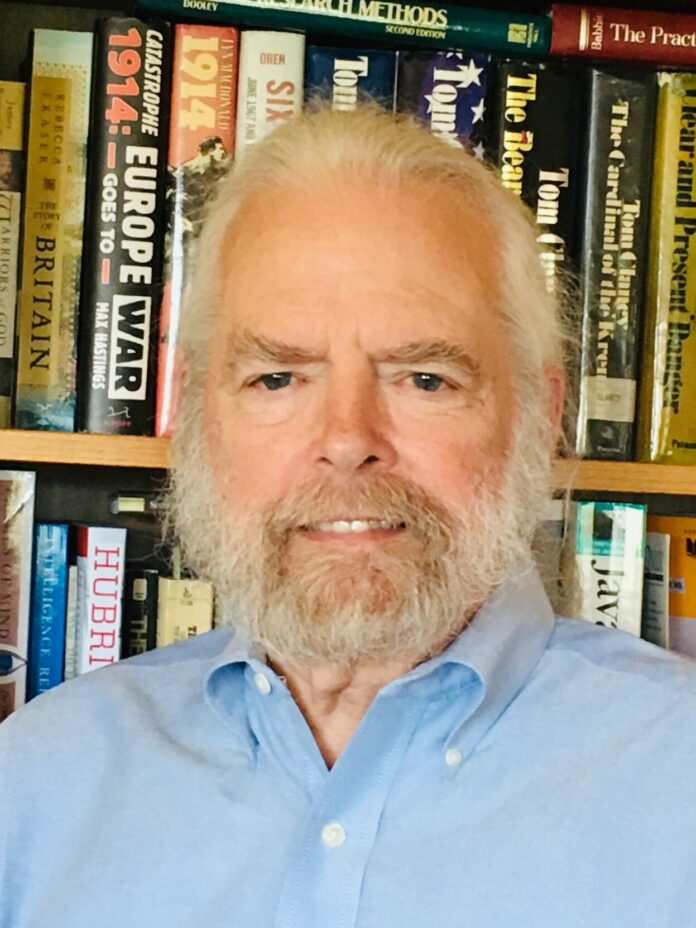Though it was only a few months ago, it seems like a lifetime since the city council developed their five-year strategic plan. It was a plan based upon a reality which is no longer relevant, thanks to COVID-19. Epidemiologists suggest that an effective vaccination for COVID-19 will not be available before 2021. Economists, in turn, suggest that the national and international economies will be in a recessionary status throughout this period and beyond. Until we move through this coming period of economic and social uncertainty, we will be subject to outbreaks, spikes and continued disruption to our economy. Some businesses may never reopen and others may go through several cycles of open/close/re-open, dampening tourism. The possibility of another major fire this season is high with the consequent damage to the Healdsburg economy. The confluence of these factors will continue to have a negative impact on the two main sources of city revenues: the Transit Occupancy Tax (TOT) and sales tax.
Successful, smart organizations strategically readjust and pivot when necessary. They recognize that as conditions change they must shift their plans to prosper. Those that do not, fail. Simply put, our existing strategic plans will not guide us through the new reality. The negative residual impact of COVID-19 suggests that it is absolutely necessary to re-examine, amend and revise our strategic plan as it deals with the coming 12 to 24 months. It’s time for city council to accept our new reality and revisit our strategic plan.
July, when the city council traditionally “goes dark” would be a great time for council to revisit our Strategic Plan and realign it with the conditions of our “new normal.” A revised strategic plan must build the strong base the community needs in order to thrive over the next decade. I would like to suggest some parameters for the city council to consider this summer.
First, it is not enough to “soften” our existing goals by moving time lines out or deferring actions. Each goal needs to be examined thoroughly. Does it stay? Or, does it go? Can we afford to spend our limited resources on it, or are funds better used elsewhere? Does it serve the community as a whole? The goals that survive this vetting need to have specific time lines for accomplishment and metrics to assess our progress toward meeting them.
Second, since these will be difficult decisions, it is important for the council to connect with the community and get our input and support. Outreach and transparency are critical to the success of the process. This means more than the usual dedicated three minutes for public comment at council meetings and workshops. It means meeting with community groups, asking questions, seeking new ideas, talking about them in print and social media. It is time to spark discussion and debate, not hide under a rock.
Third, and perhaps most important for the long term, our planning needs to focus on revitalizing and diversifying our economy. The one lesson we should have learned from two major fires, a flood and a pandemic is that an economy built largely upon tourism is not a resilient economy. Just as tourism was a radical idea for Healdsburg in the 1970s and early 1980s, it is time to think radically again about our economic base.
Organizations tend to rely upon standard operating procedures; they are like comfortable old shoes that work well in most situations. Now, however is the time for new plans and new procedures to take the city forward. To paraphrase an old adage, failure is not an option for Healdsburg.
Charles A. “Charlie” Duffy is a candidate for Healdsburg City Council. He can be reached at his website, www.duffyforcouncil.com








